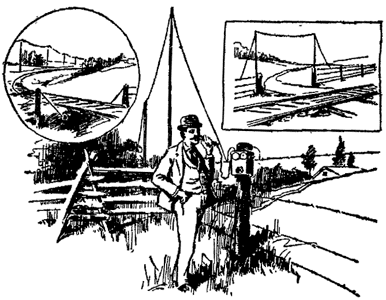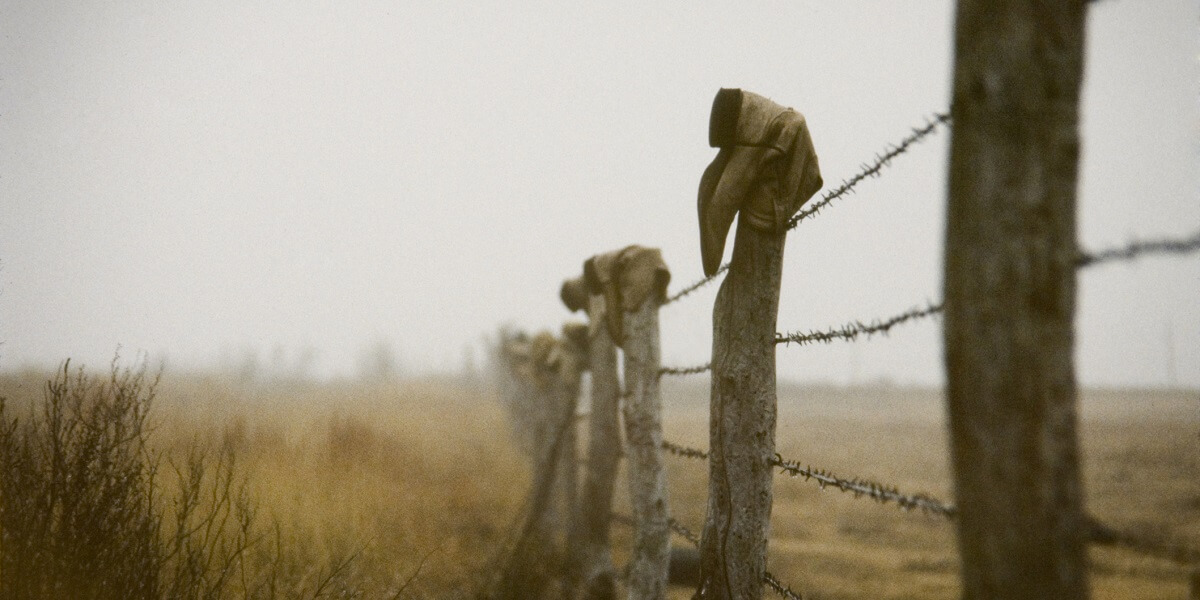Big Hill Country has a story about the imaginative ways pioneers stayed in touch. Images are from the Internet and not from Big Hill Country.
BARBED WIRE PHONES
By 1947 there were still many homes in Grand Valley without telephone service. Mr. Christie suggested to Audrey Tempany that she should buy two Army Surplus telephones, one to be placed in her home and one in her mother’s. The phones were hooked to the fences between the two places; this meant putting in high posts at gates and on either side of roads so that the connection would not be broken. The success of this system prompted Mr. Christie to buy two more telephones; one was connected to Keith’s house, as Mrs. Keith was very ill, and the other to Mr. Meggitt’s cabin, as he was cutting posts on his land, and lived alone. The same number system as that used by the North Mutual Company was used; Audrey had both telephones and used the same number for each. The rings had a different tone, so she usually answered the right phone. The telephones were sold for about $5 a pair, and within a short time, there were 22 connected within a six-mile radius. Beyond that, the reception was not good.
Audrey was the originator of the idea, and made the ruling, that everyone should listen in on all conversations, or be cut off. On cold winter days, the telephones were in almost continuous use. Visiting would start in the afternoon, with several people talking to each other. Some would sign off to do chores, for supper or to go to bed; others would come on the line, and the hardy ones would talk far into the night. These barbed wire phones served not only to while away lonely hours in the winter, but to relay information about road conditions, who was going to town that could bring out mail and groceries and were very valuable in emergencies such as accidents. Since Audrey had both telephones she was often asked to make outside calls for her neighbours, and she passed on many messages.
The rings did not come in very clearly, and connections were poor in warm wet weather. However, the barbed wire telephones fulfilled a very real need in the winter, in an area that was often badly snowbound.


